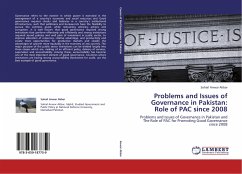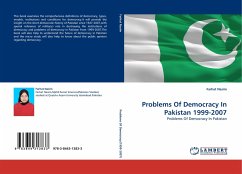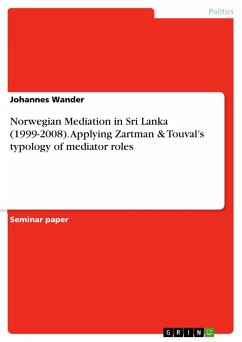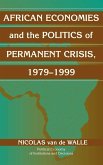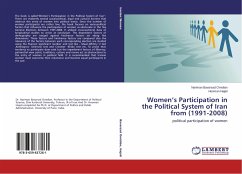This research sought to examine the role of the opposition political formations in Zimbabwe in facilitating changes between 1999 and 2008, which was the period that saw political activism rising beyond the expectations of the government. Apparently, all the other parties had been either neutralized or banned before posing any threat to ZANU PF government. The research that was influenced by the Gramscian Model of Hegemony intended to establish whether the opposition parties were necessary in Zimbabwean politics in as far as influencing democracy is concerned. The study had been necessitated by the pressure from the civil society and the electorate on government to allow other political players free space. However, the study indeed did establish some changes that were influenced by the opposition parties particularly MDC.
Bitte wählen Sie Ihr Anliegen aus.
Rechnungen
Retourenschein anfordern
Bestellstatus
Storno



